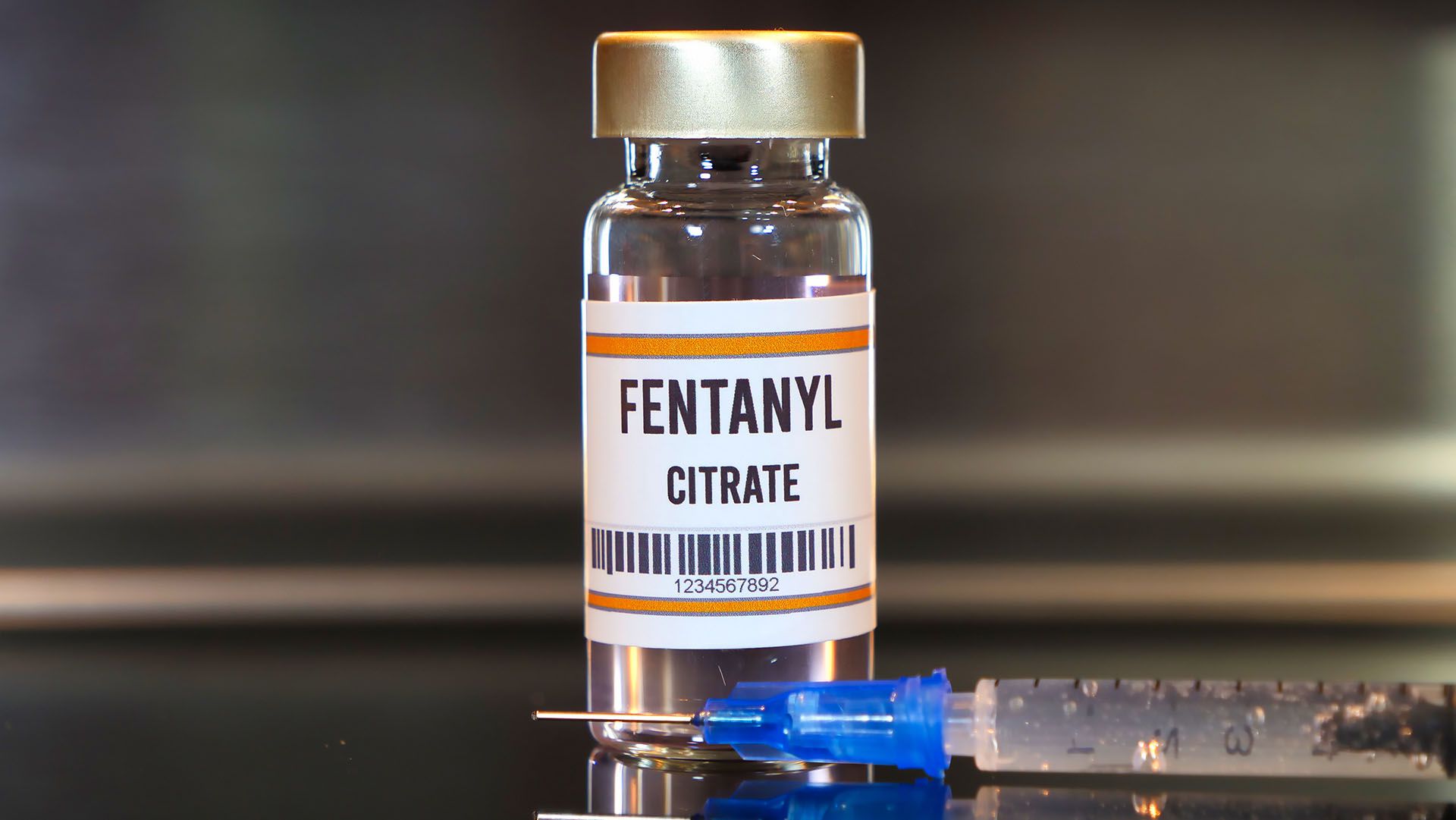How to Help a Drug Addict
There is perhaps nothing more frightening than the fear of losing a loved one to drug addiction. Addiction is a disease just like cancer and diabetes, but unlike these conditions, people who love addicts must grapple with plenty of denial and shame. Most addicts are reluctant to seek help, and many are unwilling to even acknowledge that their behavior has crossed the threshold into the territory of addiction.
If someone you love is abusing drugs or alcohol, the time to act is now. Addiction kills thousands of people each year, and as a progressive illness, addiction will not go away on its own or get better with time. Inpatient drug rehab is the most effective option for combating drug and alcohol addiction, but a variety of programs may help.
Understand the Disease of Drug Addiction
Before you can help a drug addict, you need a clear understanding of just what it means to be addicted. Myths about the life of addicts are common, with many people believing that addiction only afflicts selfish or unkind people. Addiction can touch anyone’s life, and people who have suffered abuse, trauma, and mental illness are tragically more vulnerable than other groups.
So what do you need to understand about addiction? Here are the 10 most important facts:
- Addiction isn’t just a hobby. To the addict, it feels like he or she needs drugs or alcohol to survive.
- Suddenly quitting drugs can provoke dangerous and even life-threatening symptoms, so never take an addict’s drugs away.
- Addiction creates measurable changes in the body and mind; it’s a disease, not a choice.
- Addicts cannot will their addiction away.
- Addiction is not something addicts can grow out of, and not something that gets better over time.
- You can’t punish an addict into changing.
- Addiction makes otherwise decent people deeply selfish.
- Addiction is dangerous not only to the addict, but also to those around him or her; even if he or she has not yet, he or she may begin stealing from or even hurting loved ones.
- Addiction colors the addict’s ability to think clearly.
- Addiction may have a genetic component, and lifestyle factors can make it worse.
Be Compassionate
Asking an addict to give up drugs or alcohol is like asking a normal person to give up food or water. Understand that what you’re asking the addict to do—get sober and seek treatment to do so—probably feels completely impossible to him or her. Be compassionate about the pain this addiction causes, and the terror the addict feels about quitting drugs or alcohol. Dismissing the addict’s feelings will only cause him or her to shut you out, so listen carefully and respond attentively, with love and support.
Provide Evidence-Based Advice
If you don’t understand the disease of addiction, you’re not equipped to help the addict you love navigate the complex and confusing maze of addiction treatment options. Spend some time researching the specific drug to which your loved one is addicted, in addition to reading up on the disease of addiction. Then make sure you ditch these 10 addiction myths, none of which are true, and all of which can undermine your attempts to help the addict you love:
- Addiction only affects those with a weak will, and addicts can stop if they really want to.
- Addicts just need to find God; addiction doesn’t affect religious people.
- Only bad, narcissistic, or mentally ill people become addicts.
- Only illegal drugs are addictive.
- Addicts can quit on their own; they don’t need specialized treatment.
- The cravings an addict will experience for drugs and alcohol will last forever.
- Addiction is a disease, so there’s nothing you can really do about it.
- Addicts can’t control their behavior; while an addict cannot control the temptation to use drugs, he or she is still responsible for his or her choices.
- Addicts can only get clean by checking into rehab or consulting with a doctor.
- Getting over an addiction has to take years, and should cost a lot of money.
Don’t Threaten or Push
When you see someone you love ruining their life, it’s easy to feel desperate. Perhaps you’ll do anything to get the addict to seek help, even if it means sacrificing your own relationship. These are laudable impulses, but they ignore an important fact about addiction: the decision to get sober, of necessity, should be a choice.
You cannot force someone into treatment who does not want that treatment. Even if you were able to do so, treatment requires cooperation, introspection, and lots of insight. If you force an unwilling addict into treatment, you’ll only waste money on a treatment program that’s doomed to fail. Worse still, the failure of that drug treatment program could serve as an excuse for the addict to avoid treatment when he or she is finally ready.
Don’t Shame
It’s tempting to guilt an addict into seeking help. After all, the thinking goes, if only the addict understood the pain his or her actions were causing, he or she would almost certainly be eager to seek help. An intervention, during which everyone shares the way the addiction has affected them in a structured and safe environment, can be very helpful. But endlessly shaming or guilting the addict is another matter entirely.
Addicts already feel terrible about themselves; that’s part of the reason they use drugs. And many are so overwhelmed by the work associated with getting clean that they continue using indefinitely. If the addict thinks the harm he or she has caused is so massive that there’s no way to fix it, then he or she has little incentive to seek treatment. By shaming the addict you love, you may push him or her farther away from treatment.
Offer Help Locating Care
With thousands of rehab centers spread across the United States, it’s no wonder that so many addicts feel overwhelmed by the challenges of getting sober. If the addict you love is ready to seek help, be prepared to help him or her access that care. Some steps you can take to help the addict locate inpatient drug rehab or appropriate outpatient programs include:
- Researching rehab centers in your area by calling around, reading reviews, and exploring scientific evidence regarding which treatment protocols work best.
- Acting as your loved one’s advocate by going with him or her to and from appointments.
- Calling your loved one’s insurance company to explore treatment coverage options.
- Talking to other people—with your loved one’s permission—about his or her decision to seek treatment.
- Offering child care while the addict you love pursue treatment.
- Offering entertainment, such as a dinner or special outing, to help distract the addict from drug cravings.
Further Reading:
Drug Rehab Program
Drug Addiction Recovery: Help & Options
Drug Addiction Therapy Explained
Drug Addiction Treatment
What To Do If You Have a Problem with Drugs: Adults | Teens & Young Adults
DrugFacts: Treatment Approaches for Drug Addiction







